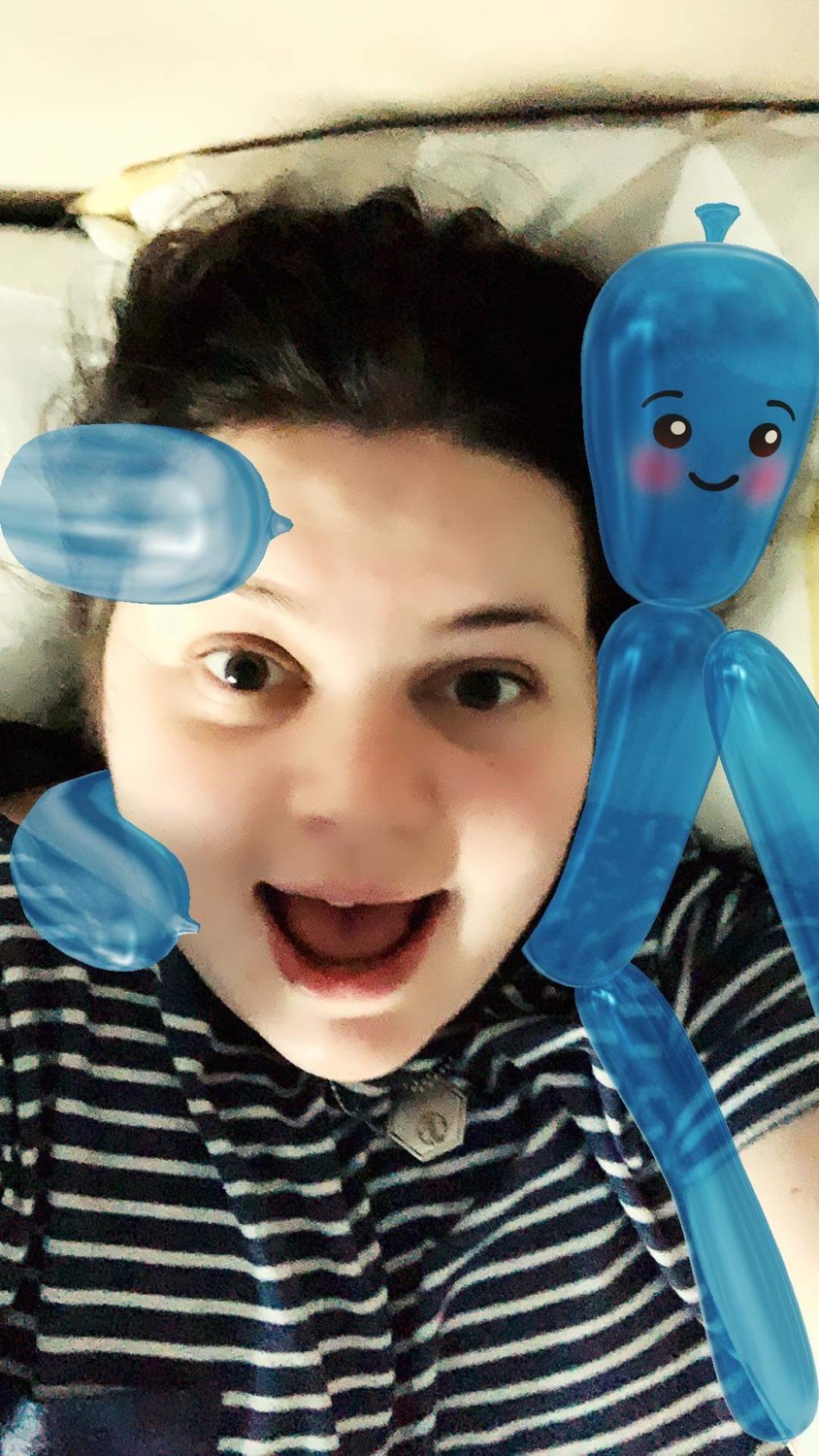Why the Spoon?
- mtfroude

- Jul 14, 2020
- 3 min read
Updated: Jul 23, 2020
Why Spoons have become the symbol of people with Cronic Illnesses and Disabilities
Molly Froude

Whether it is a piece of jewellery or clothing, a tattoo, or a hashtag on social media, ‘why the spoon?’ is a question many people in the Disabled Community are familiar with. Spoon Theory is becoming much more widely recognised, but there still remains confusion about it. Spoons are a universal symbol of chronic illness and/or disability, but what does it actually mean? Why a spoon as opposed to something else?
Disabilities and lifelong conditions are often researched thoroughly. Many come with a long list of symptoms and medical jargon. What is more challenging is trying to explain how it really feels - what the experience of living with a condition such as Lupus is really like - in a way that able-bodied people can understand. This is where Spoon Theory comes in. The theory is incredibly helpful in explaining the everyday life of a person with chronic illness; which is probably why it has become so popular among people with varying disabilities.
Christine Miserandino came up with the analogy in 2003. She was in a café with a close friend, who asked her what it was like living with Lupus - an autoimmune condition which causes inflamed skin, joints, and internal organs. Christine took some spoons out of the pot between them on the table. She explained that the spoons represented the energy needed for someone to go about their daily life, and how compared to her friend, she had fewer spoons, so needed to make her spoons ‘stretch’ so she didn’t burn out before the end of the day.
The Disabled Student Society has many members living with a condition where they can strongly relate to Spoon Theory. Some people in the Disabled Community sometimes refer to themselves as ‘Spoonies’. It is so great to have a symbol of our everyday struggle. It shows us that we are not alone and that there are other people who can relate to us. A spoon is subtle. It is a common everyday object however in this context it has a deeper meaning.
Some days we may have more 'Spoons' than others, due to the unpredictable nature of many conditions. Some days one spoon might last longer than it did the day before. This is one of the challenges that people in the Disabled Community face. This isn’t helped by some prejudices that our symptoms are put on or exaggerated for attention, or that we are playing the ‘Disability Card’ to get out of something that we can’t be bothered to do. This is not the case. There are battles going on inside our bodies which we can’t control, which means that it takes up so much more energy just to keep functioning as normally as we are able to. Pain can also be exhausting, especially when it is so constant. 'Spoons' don’t last forever.
We are all unique individuals, some with more 'Spoons' than others. We would like to help other people to understand why we cannot always do as much as we perhaps would have liked, because our spoons have run out for the day. It is important to us to look after ourselves, our health, and each other. At the end of the day, all we can do is make sure we try our best with the spoons available to us.
Miserandino, C (2003) 'But You Don't Look Sick?' Available at: https://butyoudontlooksick.com/articles/written-by-christine/the-spoon-theory/ (Accessed 06/07/2020)








Comments